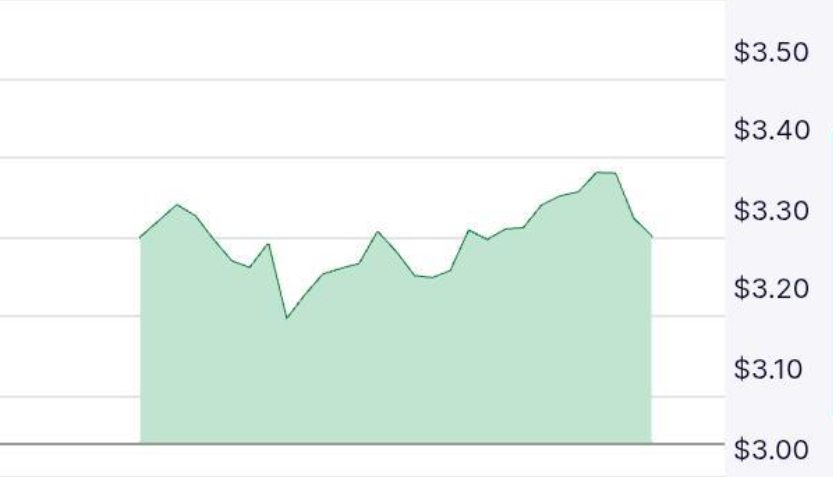Opendoor stock surges again
Shares in Opendoor Technologies jumped up to 25 per cent, closing at $3.03 on August 14, 2025. The rally is reminiscent of a similar movement last July when activist investor Eric Jackson initiated a push for change in the leadership.
The stock price is now up 84 per cent since the beginning of the year, riding the wave of renewed retail investor interest.
What sparked the latest rally?
Tech investor Anthony Pompliano revealed that he had purchased shares in Opendoor. In a social media post, he praised the power of retail investors to move markets.
The fact that Pompliano had now endorsed Opendoor set off a buying frenzy on platforms like X and Reddit. He said, “Retail investors are a powerful force,” thus laying his confidence in Opendoor for the long term.

Opendoor shares soar 25%
Hedge fund activism reignites momentum
Eric Jackson of EMJ Capital has rekindled his effort for change in Opendoor.
Jackson has attacked the leadership of CEO Carrie Wheeler and has offered to be a nominee to the company’s board.
His engagement in July propelled Opendoor shares into a rally of over 50 per cent.
He considers the company capable of extraordinary returns, with that “100-bagger” name attached to it.
What is an iBuyer anyway?
Opendoor serves as an iBuyer (instant home-buying platform). It purchases homes online, renovates them, and resells for profit. Instead of charging commissions, Opendoor makes its revenue from service fees and price differentials. The company operates across numerous cities in the US, offering an option of speed and convenience to sellers.

Opendoor is an iBuyer, buying, renovating, and reselling homes for profit.
Is the hype justified by fundamentals?
Opendoor, by never posting a net gain in its history after going public in 2020, might be said to be losing money.
Issues remain with its business model, one of which is fluctuating property prices and another is narrow profit margins.
Downturns in the housing market will affect its revenue, especially with mortgage rates being volatile.
Analysts warned earlier that speculative trading could be dictating price levels now instead of fundamentals.
How big is the retail frenzy?
In a 24-hour period, mentions of Opendoor surged across Reddit investing forums by a staggering 234%.
Trading volumes and call option activity skyrocketed and rewarded anyone reminiscent of the GameStop-meme-stock kind of trend.
The rally is an intriguing combination of grassroots retail enthusiasm and hedge fund conviction.
Nonetheless, experts warn that they usually are followed by abrupt reversals.

Opendoor’s Share Trend
Company background in brief
Founded in 2014 and headquartered in San Francisco, California.
It was the first to digitise the sale of homes with the idea of simplifying transactions for the homeowner.
The company scaled extensively but has had to face profitability issues in recent years.
Has Opendoor ever been profitable?
No. The company is still loss-making despite growing market presence.
Its income depends on the successful resale of homes at higher prices within a short span.
The market downturns and high inventory costs have constantly ruined its earnings in these times.
What makes this rally unusual?
This kind of surge is unique because it is a perfect amalgam of meme stock hype and an activist investor strategy.
Retail traders do dominate online discussions; yet the sustained involvement of Jackson can also be termed as institutional weight to the movement.
His forecast of $82 per share is certainly an ambitious long-term outlook.
Also Read: Cost of Living: UK Benefit and Pension Payment Dates in September
Risks remain embedded in the iBuyer model
The iBuyer world has very skinny margins.
According to research, in one recent month, Opendoor lost money on 42% of its sales.
Such pressure might actually increase with rising interest rates and economic uncertainty.
What should investors remember?
Opendoor’s latest rally underlines the market sentiment and perspective in the digital era.
Meme-style surges are generally short-lived and risky.
Analysts recommend investing in a balanced portfolio instead of chasing volatile trends.












